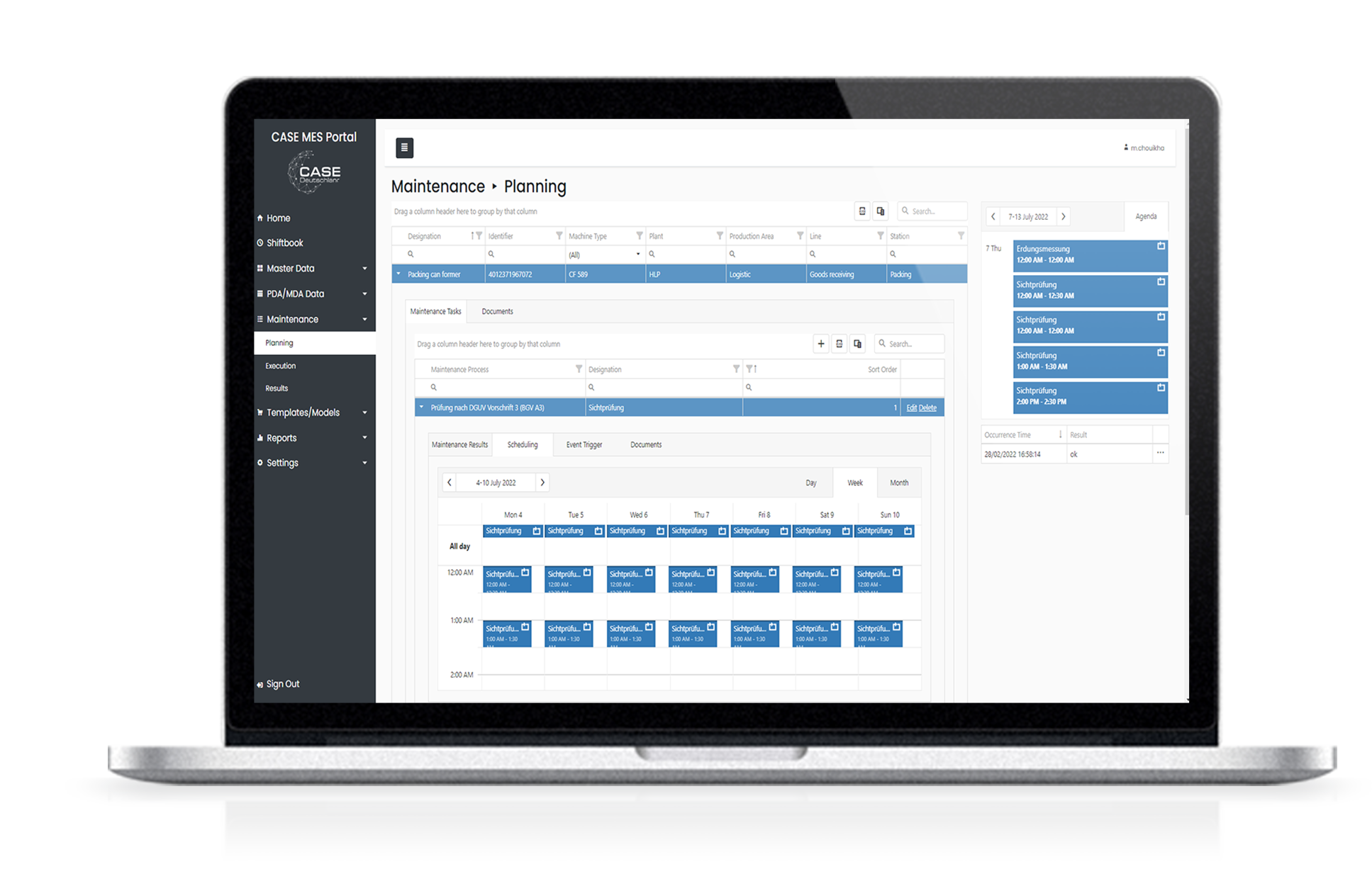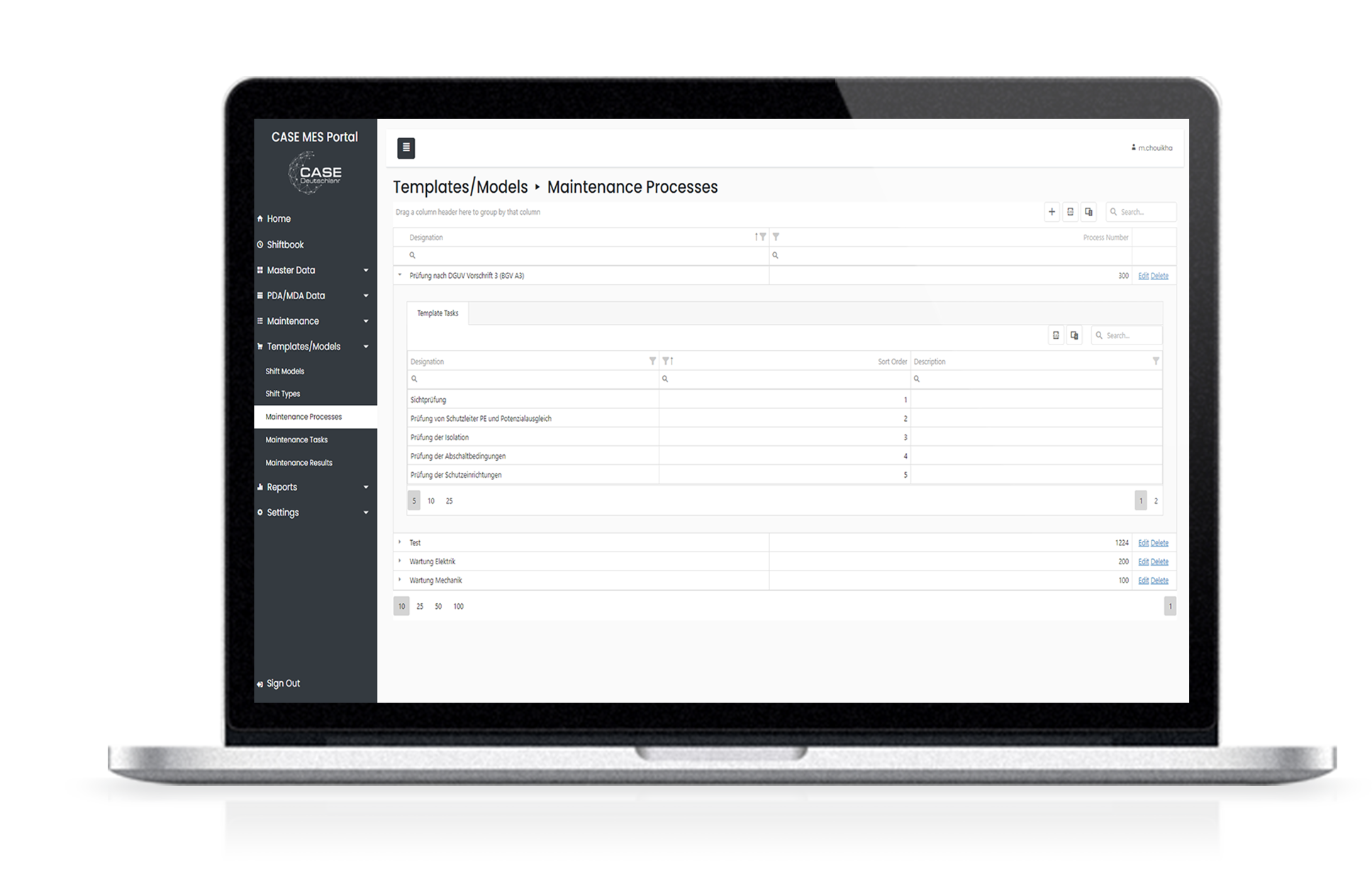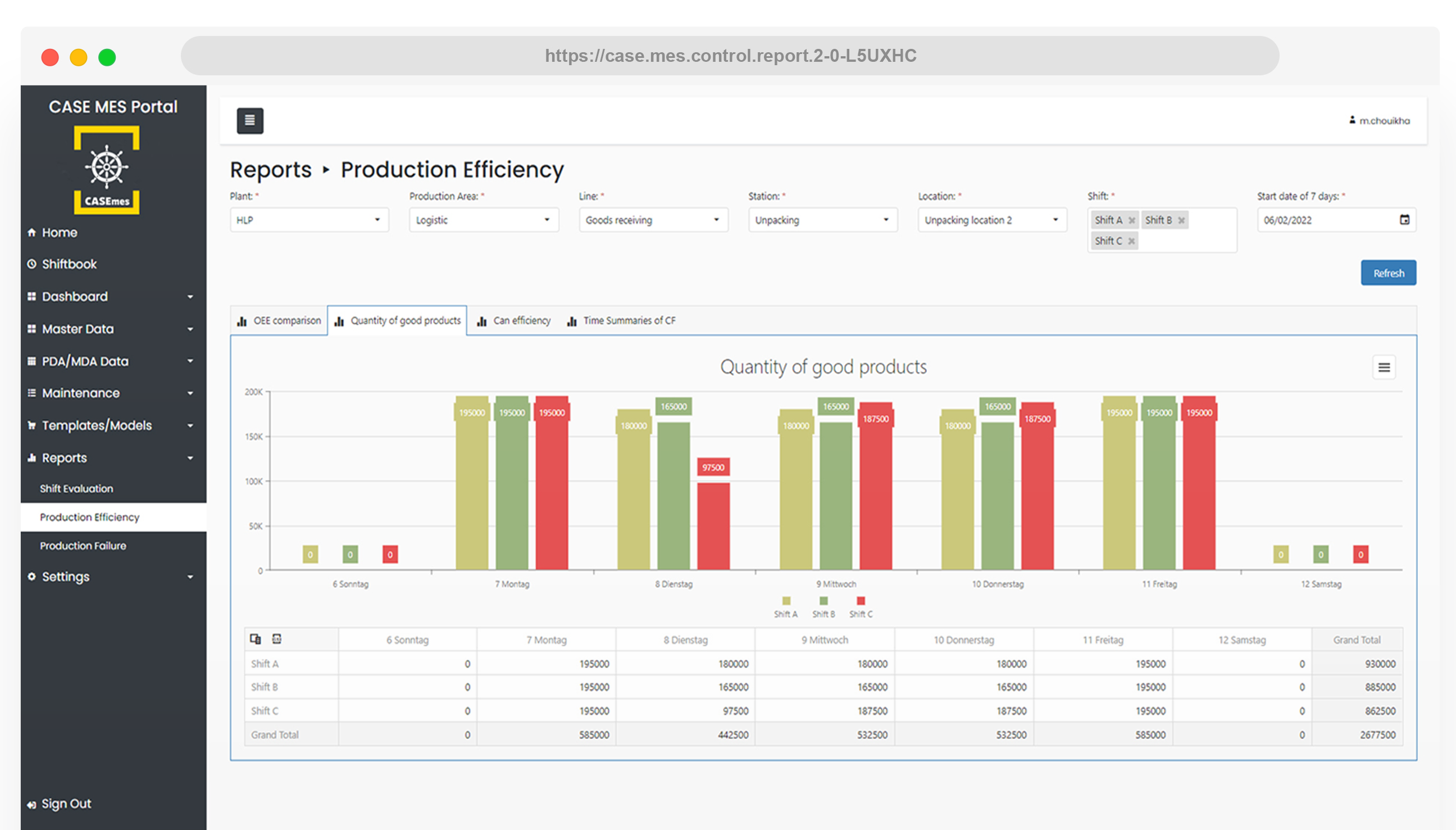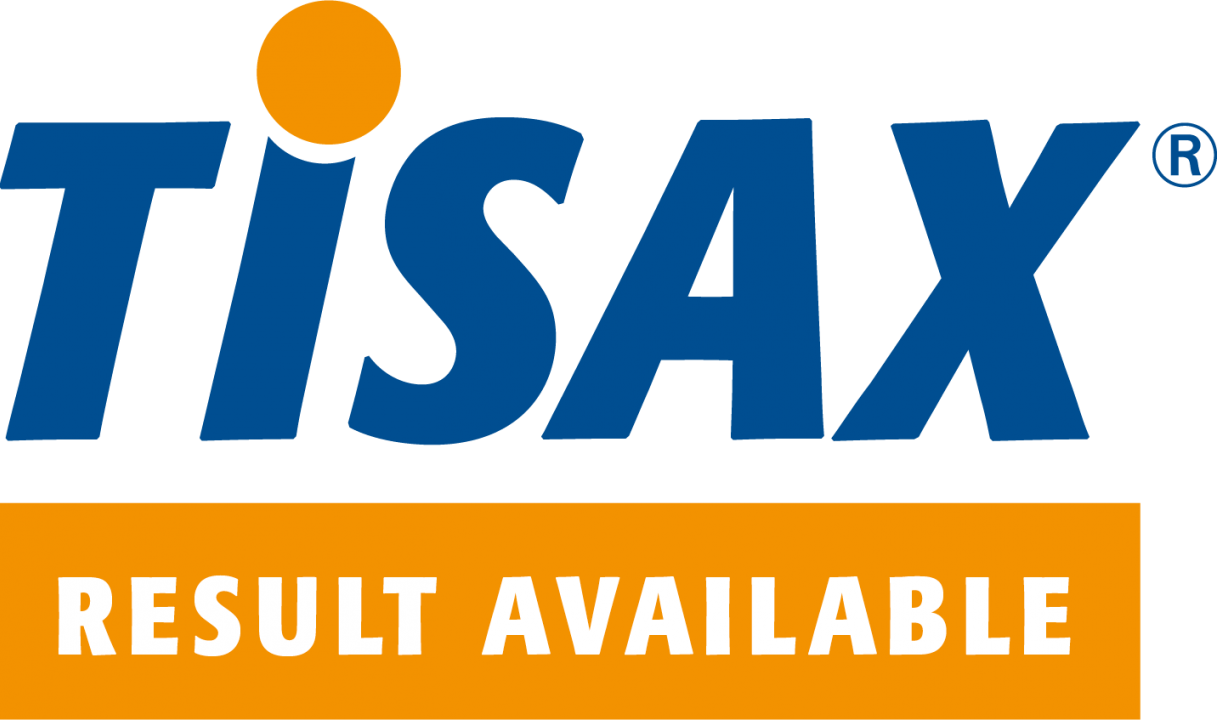Web Solutions Tailored to Your Business Needs
At CASE Deutschland GmbH, we understand the importance of staying up to date with the latest web technologies and developments. Our team is highly experienced in developing custom web pages that are tailored to our customer’s unique needs. We provide a full range of services, including custom coding, content management systems (CMS) integration, mobile optimization, SEO implementation and more.


A: Internet and web technology project development refers to the process of creating and implementing solutions that utilize the internet and web technologies to build websites, web applications, and online platforms. It involves designing, developing, and deploying digital products and services that leverage the power of the internet.
A: Internet and web technology project development can bring numerous benefits to your business, including a global reach, increased visibility, improved customer engagement, seamless online transactions, efficient data management, and the ability to provide personalized experiences to your users.
A: An Internet and web technology project typically involves several key components:
- Website Design and Development: Creating visually appealing and user-friendly websites that align with your brand and business objectives.
- Web Application Development: Building interactive and dynamic applications that run on web browsers, providing advanced functionality and user experiences.
- Backend Development: Developing the server-side components and databases that power the web application or website.
- API Integration: Integrating with third-party services and APIs to enhance functionality and enable data exchange.
- Security: Implementing robust security measures to protect user data, prevent unauthorized access, and ensure compliance with privacy regulations.
- Testing and Deployment: Thoroughly testing the web solution and deploying it to a production environment for public access.
A: When selecting a web technology stack, consider the following factors:
- Project Requirements: Assess the specific requirements of your project, such as performance, scalability, interactivity, and real-time data processing.
- Programming Language: Choose a language that aligns with your development team’s expertise and has robust community support.
- Frameworks and Libraries: Select frameworks and libraries that provide the necessary features and tools for efficient development and maintenance.
- Database Management System: Consider the data storage and retrieval requirements of your project and choose a suitable database system.
- Scalability: Ensure that the chosen web technology stack can handle increasing user traffic and data volume as your project grows.
- Integration Capabilities: Check if the technology stack supports easy integration with third-party services and APIs.
A: Internet and web technology project development can have a significant impact on industries like e-commerce and online services by enabling:
- E-commerce Platforms: Building robust and user-friendly online stores that facilitate secure transactions, inventory management, and customer engagement.
- Online Services: Creating web-based platforms for online bookings, reservations, ticketing, or other service-oriented businesses, improving convenience and accessibility.
- Personalization and Recommendation: Leveraging user data and web technologies to provide personalized recommendations, targeted marketing, and enhanced customer experiences.
- Analytics and Insights: Utilizing web analytics tools to gather valuable data on user behavior, preferences, and trends, enabling data-driven decision-making.
- Mobile Responsiveness: Developing responsive web applications and websites that provide seamless experiences across multiple devices, including smartphones and tablets.
A: Internet and web technology project development can present various challenges, including:
- Compatibility: Ensuring cross-browser and cross-device compatibility to provide a consistent user experience across different platforms.
- Performance Optimization: Optimizing website and application performance to ensure fast loading times, smooth interactions, and efficient data processing.
- Security: Implementing robust security measures, including encryption, authentication, and secure data storage, to protect user information and prevent cyber threats.
- User Experience Design: Designing intuitive and user-friendly interfaces that are easy to navigate and provide a seamless experience.
- Integration Complexity: Integrating with third-party services, APIs, or legacy systems while maintaining data integrity and system stability.
- Scalability: Designing and architecting the solution in a scalable manner to accommodate increasing user traffic and data volume.



